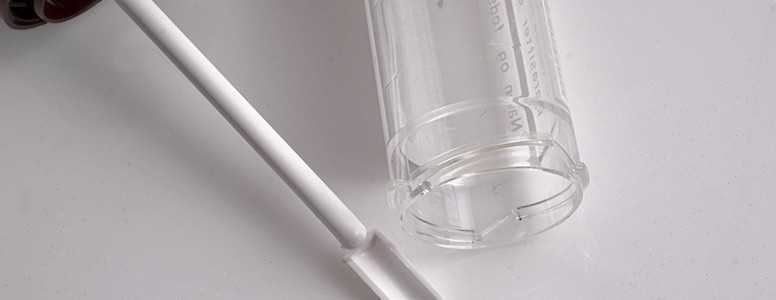Italian researchers from Sapienza University in Rome have found that polyphenols contained in dark chocolate could slow disease progression in non-alcoholic steatohepatitis (NASH).
NASH is a subset condition of nonalcoholic fatty liver disease (NAFLD), characterised by excess fat building up in the liver. NAFLD is thought to occur in at least half of patients with type 2 diabetes.
In this study, scientists explored whether consuming dark chocolate can halt the oxidative stress and hepatic inflammation typical of NASH and leading to liver damage.
The researchers knew that because oxidative stress is considered of primary importance in the progression of NAFLD, targetting pro-inflammatory cellular reactive oxygen species (ROS) associated with liver damage, could stop disease progression.
They investigated whether this could be done with antioxidant agents other than vitamin E, which has been recommended in previous studies for patients with NASH.
The research team postulated that using cacao, which has a high content of polyphenols and antioxidant properties, may help avert NAFLD development by modulating oxidative stress too.
In their experiment, researchers tested the action of dark chocolate and its polyphenols, catechin and epicatechi, on one of the major ROS source in humans involved in NAFLD called nicotinamide adenine dinucleotide phosphate (NOX) oxidase.
In order to assess its effectiveness, they identified NOX2-derivative peptide (sNOX2-dp) as a marker of NOX activation; serum 8-iso-prostaglandin F2 alpha (PGF2 α) as an indicator of oxidative stress; and cytokeratin-18 (CK-18) as a sign of advanced liver damage in patients with NAFLD.
The cross-sectional study randomized and compared 19 NASH patients with 19 other participants in a control group. The 19 NASH patients were fed 40g of dark chocolate (with more than 85% cacao) a day or 40g of milk chocolate (with less than 35% cacao) a day, for two weeks.
During that time, the subjects were asked to avoid other foods high in polyphenols (such as blueberry, hazelnut, red wine and pomegranate juice) to ensure that the findings are only attributable to chocolate consumption.
After two weeks of chocolate intake, the results showed a significant reduction in sNOX2-dp (from 8 pg/ml to 6.9 pg/ml) and CK-18 levels (from 44.4 pg/ml down to 20.2 pg/ml) among NASH patients compared to controls. No change was however observed after milk chocolate ingestio, suggesting that the darker the chocolate, the most beneficial effect it has on NAFLD.
What's new on the forum? ⭐️
Get our free newsletters
Stay up to date with the latest news, research and breakthroughs.







